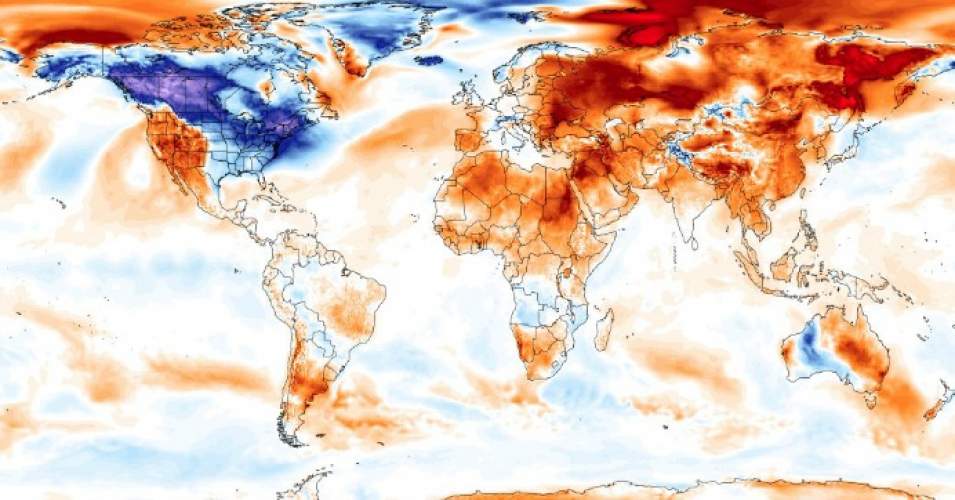UConn is joining 16 other leading North American research universities in the University Climate Change Coalition, or UC3, announced Tuesday by the Second Nature organization.
UC3 aims to promote climate action and resilience by leveraging the strengths and skill sets of its member schools.
As a nationally recognized leader among green campuses, UConn’s membership in the coalition is another indicator that the University is continuing to pursue a path toward sustainability.
President Herbst says universities have a key role to play in finding solutions to the challenges of climate change. “We can lead not only by developing research, technology, and policy to effectively curb carbon emissions and ameliorate the effects of climate change on our communities, but also by making sustainability a core component of our mission and identity,” she says. “The University of Connecticut is proud to join with our UC3 partner institutions in working to find solutions now to what could ultimately be the most important challenge of the 21st century.”
Richard Miller, director of UConn’s Office of Environmental Policy, says, “As a coalition of top research universities, UC3 is working on research that helps multisector climate action and resilience initiatives.”
“Coalition members’ expertise spans many disciplines, ranging from atmospheric and marine sciences, to biology, public health, engineering, political science, economics, and human rights,” says Anji Seth, professor of geography and chair of UConn’s Atmospheric Sciences Group. This highlights the fact that this news is not only about UConn’s membership in the UC3 coalition, it is also an opportunity to mobilize UConn researchers and increase collaborative efforts in research to combat climate change and instill climate resilience.
Marine sciences professor Jim O’Donnell is executive director of UConn’s Connecticut Institute for Climate Resilience and Adaptation (CIRCA) at Avery Point, which seeks to engage faculty and students from across the University with state agency staff to develop innovative approaches to improving Connecticut’s resilience to the effects of climate change. “Currently, dozens of faculty from four different colleges are working on CIRCA-sponsored projects,” he says, “and UConn’s membership in UC3 will accelerate progress by further broadening interdisciplinary partnerships.”
To learn more about UC3, and the other institutions in the coalition, go to http://secondnature.org/uc3-coalition/.
To learn more about UConn’s efforts to be a greener campus, read about the latest Sierra Club Green Schools rankings.



